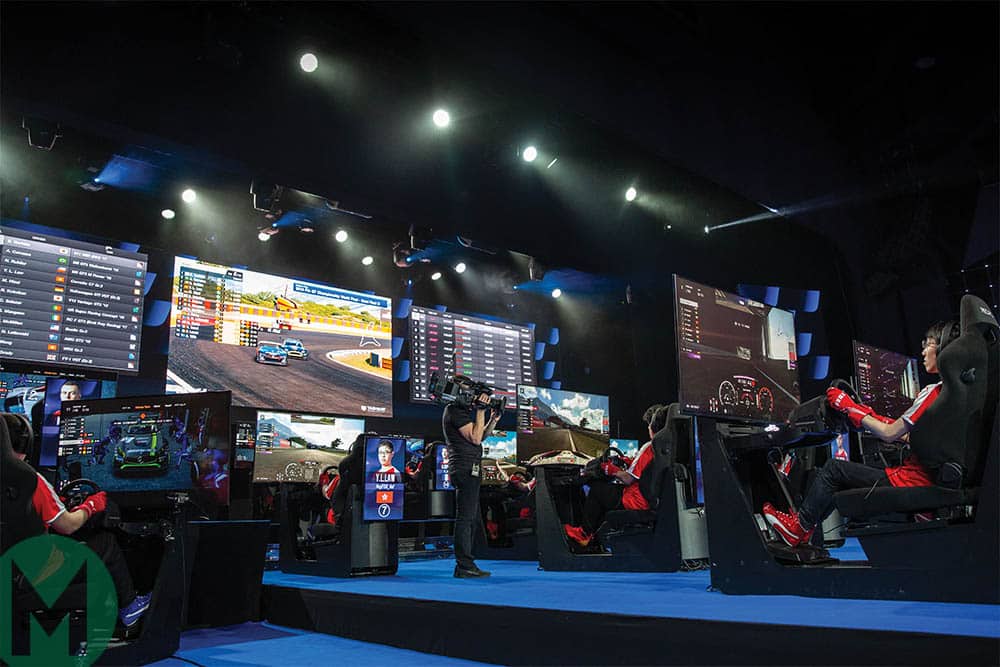Time is of the essence
FIA takes steps to help racers achieve balanced lifestyles

Screen addiction is seen as a growing problem, with more and more rehabilitation clinics focusing on the issue. And in December, the government’s Digital, Culture, Media and Sport Committee launched an inquiry into how ‘addictive technologies’ might affect users, and whether safeguards are needed.
The FIA’s head of brand, licensing and retail, Stéphane Fillastre, says, “There is always a threat when you do something this extensively; people will burn out from doing too many marathons. Do we need to act on addiction? I don’t know yet. But we focus on prevention, rather than the cure.”
The ‘prevention’ is a framework of coaching and help – that many racing drivers get – to allow gamers to balance their work, hobby and life.
“Many racing drivers belong to a national sporting association and get the help to develop and this is something that we would like to encourage in the future, so that those players can get the support and all the help in order to balance their life,” he adds.
“I believe there are more risks in other esports tournaments, where there is no framework to help players develop balanced lifestyles.”
But screen addiction and the psychological effects of gaming for 16 hours a day continue to be a grey area, and while the FIA can limit the amount of on-track time for Formula 1 drivers, it can’t limit the amount of simulator time. Nor will it stop gamers spending hours practising for major tournaments.
Any mention of ‘addiction’ at the Gran Turismo tournament in Monaco was rebuffed, and it’s clear that the consensus between competitors is that time practising shouldn’t be limited, whether or not extensive use of screens proves to be damaging.
